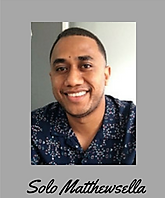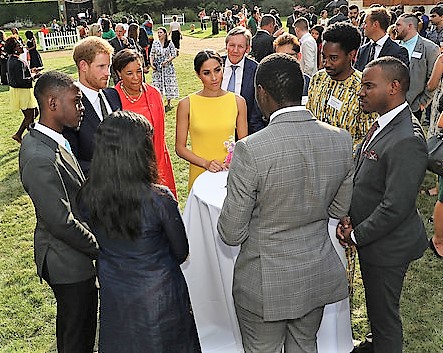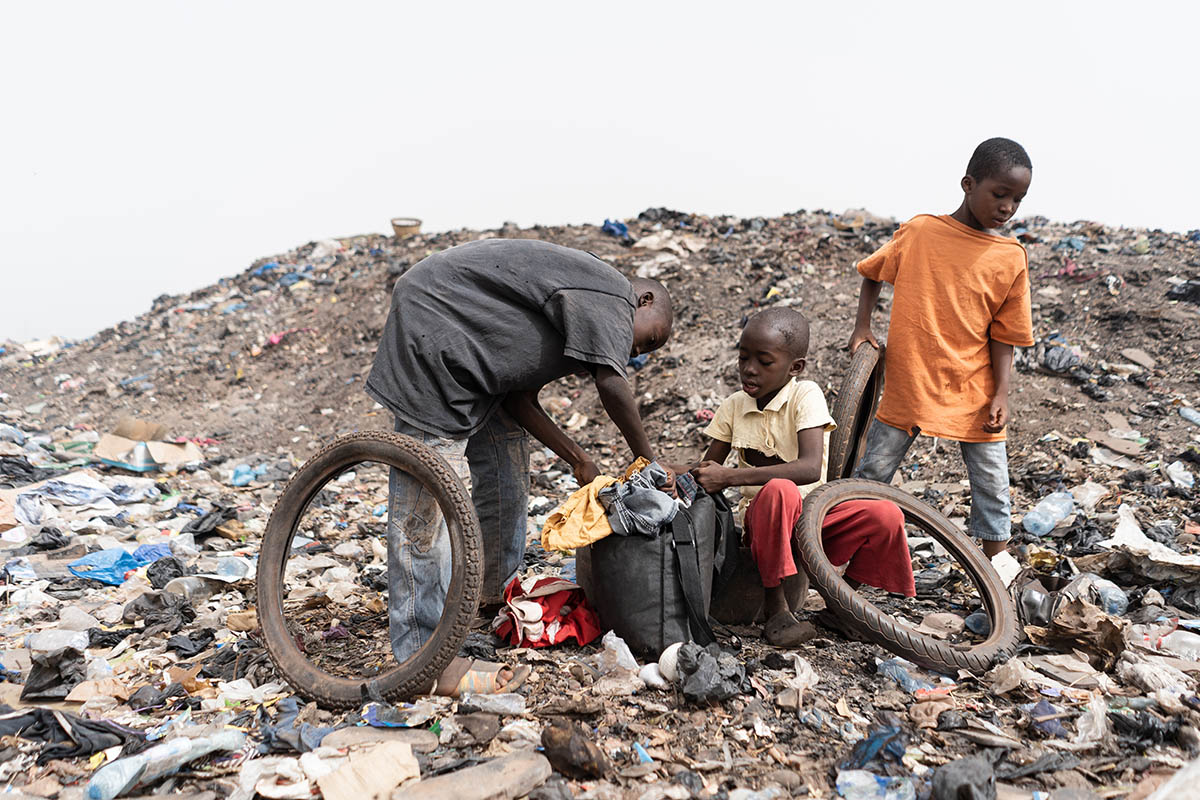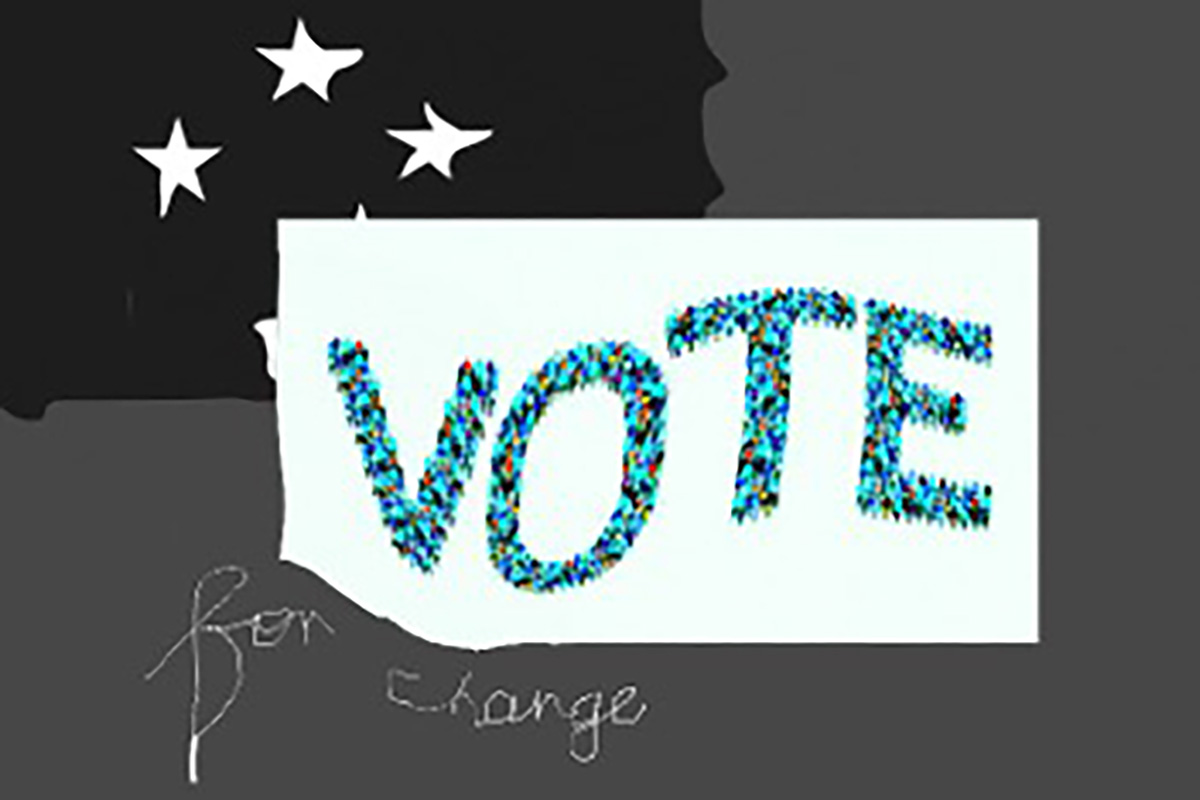Let’s meet each other in the middle
August 9 When young people have meaningful conversations, the inspiration and lessons learned can be profound. Solo Matthewsella, 30, a Correspondent from Suva, Fiji, reflects on some of the thought-provoking moments at a recent Commonwealth training in London for youth leaders.
When young people have meaningful conversations, the inspiration and lessons learned can be profound. Solo Matthewsella, 30, a Correspondent from Suva, Fiji, reflects on some of the thought-provoking moments at a recent Commonwealth training in London for youth leaders.
In the course of an intense week of training, heavy conversations, culture eats, late nights, jet-lag and sneaking in “touristy things” at a Commonwealth Youth Leaders Training in London recently, two things stood out to me. They were passionate perspectives from youth representatives at the Commonwealth Youth Workshop and can be applied to all areas of life.
The first was from Jacob Thomas, a Feminist and LGBTIQA+ and Human Rights Advocate from Australia, who shared briefly with the room his take on ‘coming out.’ Thomas shared that he prefers the term ‘inviting in’ as opposed to ‘coming out,’ as when you invite in, you invite ‘them’ into your world. Rather than ‘come out’ which suggests a stepping out and then waiting for peoples’ acceptance. Simple yet profound, it hit home for me that changing your perceptions and your narrative really does change your approach to things around you.
The other nugget was from Nafula Wafula, a Feminist, Activist, Equality and Justice Advocate from Kenya. Wafula shared on the importance of having real conversations about colonialism and its effect on people. She is of the view that we need to stop stepping on eggshells around this topic and passionately questioned – how can we move forward if we do not acknowledge what has happened in the past. This intrigued me, as this concept of acknowledging before moving forward is something I have always believed to be fundamental to healing and moving on, whatever the context.
The take away here is that– though these comments were made in light of issues faced by the LGBT community and indigenous peoples; and though these comments were made by very powerful and strong individuals, It was not the passion with which these comments were delivered that made them so profound. But it was the simplicity of their truth.
I liked how relevant they are to everyday life and how they can be used to bridge the gap in other contexts too. For example, in the divide that sometimes exists between the young and the old. It is great that our societies are seeking to empower youths at the macro level but our people also practicalize this in their everyday engagement with young people.
Ultimately, the young and the old both need to work together to ensure progress and change. I say this because of my experience being the youngest person on several work teams. I have seen how easy it is to build walls between colleagues when new or ‘change the world’ ideas are always shot down or seen with scepticism, while ideas which may only yield short-term benefit are accepted because they represent the conventional way. Slowly we all morph into the cycle of “how it has always been,” reinforcing the norm that we all later refer to as the system.
The knowledge sharing amongst youth leader recently has challenged me to consider that– maybe young people and older persons can still try and make things work by finding a middle ground: A middle ground between experience and innovation, a middle ground between disagreements and respect. and a middle ground between the intensely focused approach and the “extra-chilled” vibe.
The search for this middle ground is advisable not only in work contexts but in our relationships – generally. If we could just invite each other in, have those conversations, then move forward, imagine what we would achieve?
……………………………………………………………………………………………………………..
Photo credit: courtesy of https://flickr/photos/comsec
……………………………………………………………………………………………………………………………
About me:
I am a Communications Officer for an international development organization based in the Pacific (Pacific Community – SPC). I have a keen interest in international affairs and development and I am also a freelance blogger focusing on international development.
………………………………………………………………………………………………………………………………
Opinions expressed in this article are those of the author and do not necessarily represent the views of the Commonwealth Youth Programme. Articles are published in a spirit of dialogue, respect and understanding. If you disagree, why not submit a response?
To learn more about becoming a Commonwealth Correspondent please visit: http://www.yourcommonwealth.org/submit-articles/




